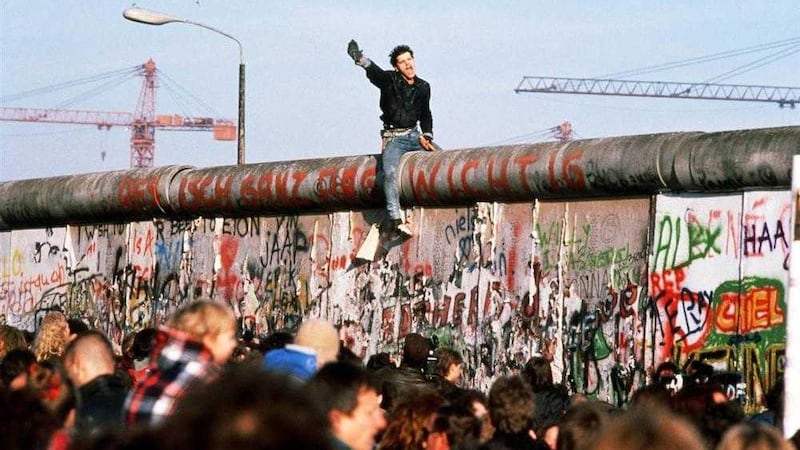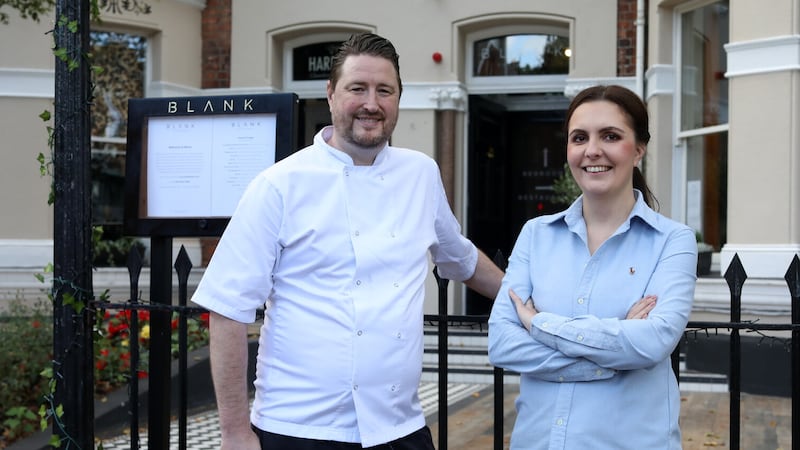‘It’s never too late to be what you might have been’, said George Eliot.
I’ve always admired people who have decided to change their path in life and forge a new professional direction for themselves. One that evokes their passion and drives their dedication.
According to a survey of 8,000 professionals on LinkedIn, only 30 per cent of people land their dream job or work in a related field. In some ways this is higher than I thought it might have been but it still leaves 70 per cent thinking there is something else I’d rather be doing.
There’s no doubt that it’s not an easy decision but that’s why I so admire those that make it, they are not content to sit on their laurels but have the courage, self-belief and will to change their professional fate.
My sister took that decision a few years ago and is now embarking on a PhD in her chosen field. It was in this context that we were talking about how the education sector needs to consistently adapt and change its courses to reflect an ever evolving global environment.
Faculties and schools in our universities and colleges will be running Brexit module’s in this academic year with it having a considerable impact on many subject areas. They have no choice, it is set to play a significant role across a range of professions for years to come, most notably financial services and the legal profession. There is hardly a story within the business media that doesn’t refer to Brexit in terms of its enormity or longevity.
While the majority of the business community opposed Brexit all professional consultancy sectors, including communications, must have the expertise on what the implications are for their clients and advise them how to address the relevant functions within their businesses.
But it will be the lawyers who will play a particularly important role not only in terms of the prolonged bilateral international trade negotiations, a skill-set area in which the UK is said to be bereft of the talent, but also in terms of supporting areas such European trade marks and design rights which may no longer be available.
Is it any wonder the Law Society called on Theresa May to recognise the experience and expertise of the legal sector, in the context of the requirements of Brexit?
Expect to see academic institutions and professional bodies offering the theory and practical opportunities to support this type of expertise. I was interested to find that QUB is offering an MA in ‘Global Security and Borders’. This will undoubtedly address areas relating to Brexit but it is clearly much wider than that and is in the context of issues around international borders where objects and people are viewed as a threat to national security.
When she was Home Secretary, Theresa May pointed to the European Arrest Warrant and access to intelligence databases, insisting that being in the EU made ‘Britain more secure from crime and terrorism.’
There is no doubt whatsoever there are border challenges that need addressed, however, the perceived benefits of more restrictions particularly in relation to the free movement of people, advocated by many Brexiteers, are part of what I perceive to be a backward looking insular political ideology. This ideology is gaining traction not only through Brexit but other parts of the West, notably in France, Germany and the US with Trump’s Mexican wall.
This movement represents a significant dent to the process of global political and economic development, which started a number of decades ago with the pulling down of the Berlin Wall in 1989 reuniting a city that was socially and economically divided. This was the acceleration of a process which supported free movement of capital, goods and people.
So what does all this mean for the significant implications for the free movement of goods, services and people across the 310-mile imaginary line that is the Irish border? The answer is: nobody knows.
What we do know is how important trade between Ireland and the UK is and how vital this is for the North but the figure of £1bn in bilateral trade every single week really does make you baulk.
The outcomes from the meeting between Enda Kenny and Theresa May were entirely predictable, focusing on the commitment not to have a hard border and keeping in place the Common Travel Area agreement which of course dates back to partition, but these are issues that are ultimately beyond the control of both premiers.
It’s a noble sentiment to think that Enda can be the UK’s inside man in the EU to advance the best interests of both countries, but Angela Merkel has done her level best to kick that particular one to touch by not allowing the Fine Gael leader to have special status in any negotiations, saying, ‘The Irish voice will be heard as much as every other voice’.
The new Prime Minister wants to remain part of the European Single Market but she also wants to have the restrictions in place regarding free movement of people because ‘that is what many Brexiteers voted for’, yet she doesn’t want a hard land border with the EU - ie Ireland.
Very few people have been able put a square peg in a round hole and what I’ve seen in the last few weeks I’m not convinced Theresa May can. Something's got to give. Whatever it is I just hope it doesn’t come crashing down round the Irish border.
:: Claire Aiken is managing director of Aiken, the Belfast and Dublin-based public relations and public affairs company.
:: Next week: Brendan Mulgrew








